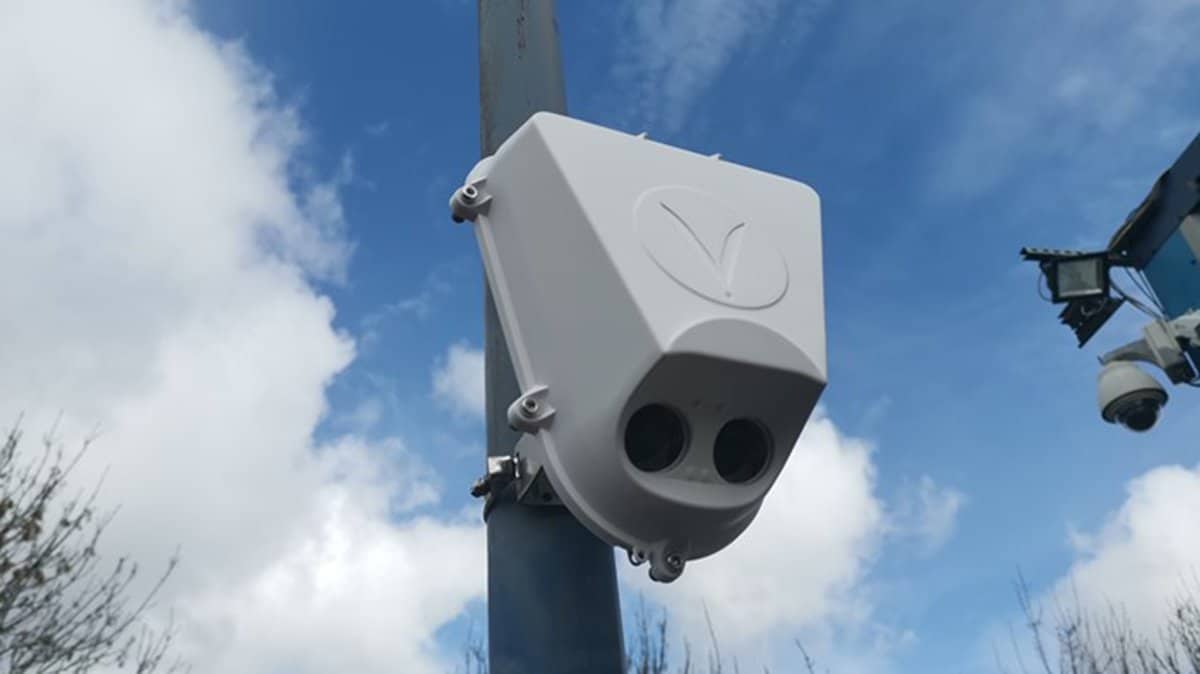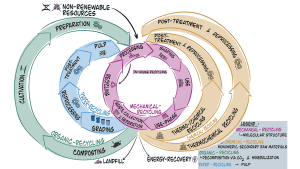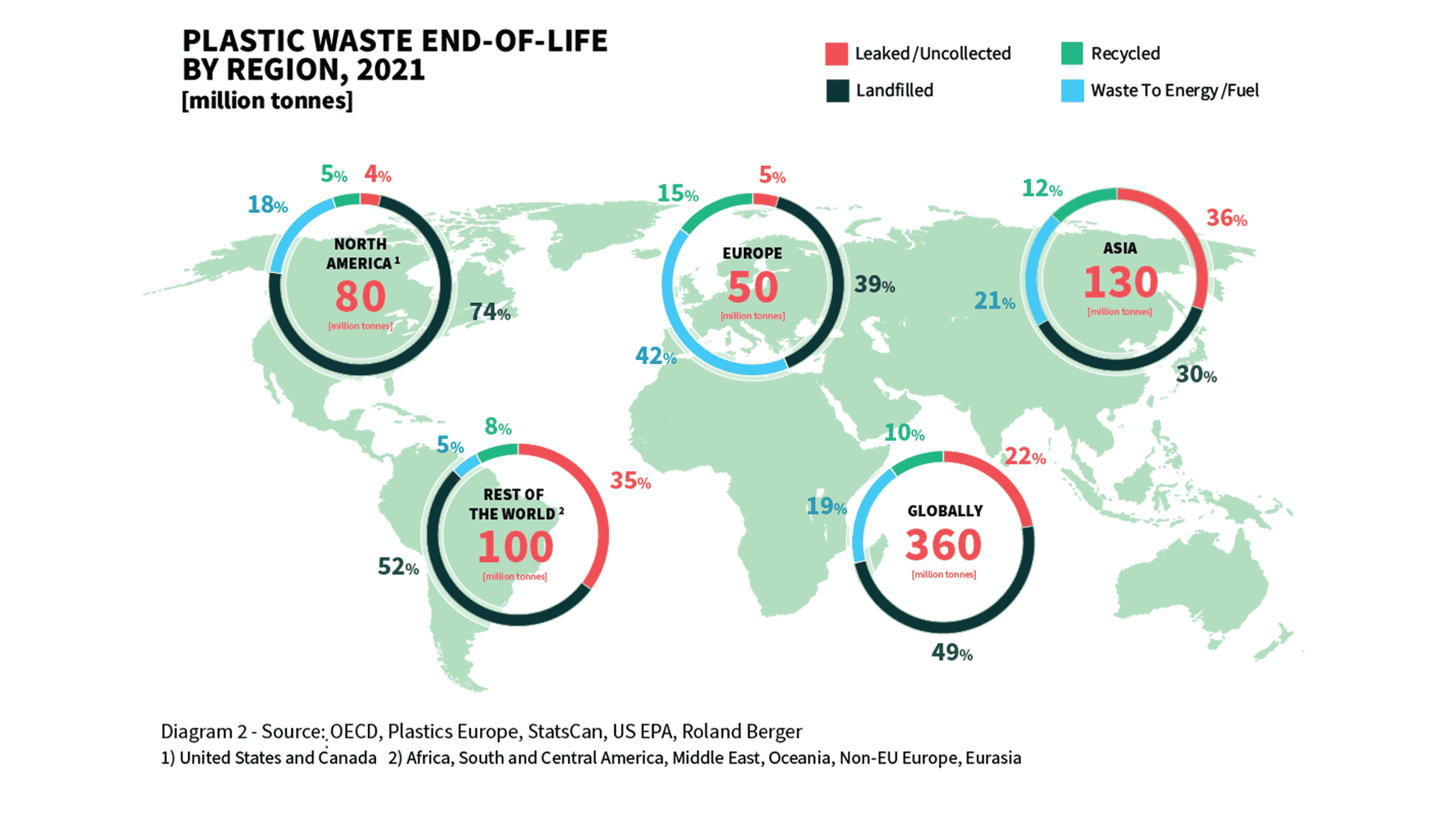Transport for West Midlands (TfWM), in partnership with Solihull Council and the West Midlands Combined Authority (WMCA), has launched a smart city initiative by installing VivaCity smart sensors at a toucan crossing near Blythe Valley. These advanced sensors detect cyclists from up to 30 meters away, significantly further than traditional systems, allowing for earlier traffic signal changes and smoother cyclist journeys. The pilot project focuses on improving road safety and promoting active travel methods like cycling, wheeling, and walking by prioritizing these over motor vehicles. The intelligent sensors utilize AI algorithms to accurately detect and classify road users, enhancing traffic flow without false positives. This trial aims to reduce collisions and create safer, faster routes for cyclists, thereby encouraging more individuals to consider cycling as a convenient commuting option. According to Mayor Richard Parker, road safety is a top priority, and this initiative demonstrates the potential of AI in improving pedestrian and cyclist safety while reducing traffic congestion. VivaCity’s COO Peter Mildon highlighted that the technology sets a new standard for road safety in the UK. The project is expected to serve as a model for future initiatives aimed at reducing car use and improving quality of life for all road users in the West Midlands.

Smart City Initiative: TfWM and Solihull Council Trial Advanced VivaCity Smart Sensors for Improved Cyclist Detection at Toucan Crossings
In a move toward smart cities, Transport for West Midlands ( TfWM), in collaboration with Solihull Council and as a part of the West Midlands Combined Authority ( WMCA ), has implemented sensor technology at a toucan crossing near Blythe Valley.
The sensors, created by VivaCity, are capable of detecting cyclists from 20-30 metres away, considerably farther than conventional systems. This early detection allows traffic signals to turn green more swiftly, providing cyclists with a better, continuous journey.
The trial project addresses a number of issues, most notably the need to effectively identify various users moving through the crossing at various speeds.
VivaCity’s sensors use sophisticated algorithms and intelligent video analytics to properly and secretly categorize users, preventing false positives that might otherwise affect traffic flow. This initiative is part of a broader effort to promote effective travel, which includes cycling, wheeling, and walking, by giving these modes of transport greater priority over motor vehicles.
TfWM and Solihull Council Enhance Road Safety with AI-Driven VivaCity Sensors for Cyclist Detection, Supporting Smarter, Safer Streets
The sensors help reduce the chance of collisions and shorten the time it takes to cross the tracks. This improves safety, as well as entices more people to consider cycling as a stress-free and easy option for their daily commutes.
Richard Parker, Mayor of the West Midlands and WMCA Chair, said:” Road safety is a major priority for me, and I want everyone to feel safe when cycling or walking. This project gives us a chance to see how artificial intelligence can manage traffic signals and detect cyclists and pedestrians to give them more time to cross carefully.
This is only one component of my plan to make our streets safer and encourage more bicycles, leading to better fitness, fewer traffic jams, and cleaner air.
We’re excited to see how Solihull’s engaged travel initiatives are being supported by our technology. Our intelligent sensors are especially designed to enhance the efficiency and safety of road networks, “added Peter Mildon, COO of VivaCity”. Our goal is to establish a new standard for road safety in the UK, including in the West Midlands. We are eager to continue working with TfWM and work toward making journeys safer for everyone.
Solihull Council Leads Pilot with VivaCity Sensors to Enhance Cyclist Safety and Promote Sustainable Travel Across West Midlands

Solihull Council’s Cabinet Member for Environment and Infrastructure, Cllr Ken Hawkins, said:” We want to do all that we can to encourage people to travel carefully and effectively across the borough. The novel sensors will enable cyclists to ride the Monkspath to Blythe Valley engaged travel route more attractively so they can move quickly and safely along this important route.
This pilot, which is the first to be used for this purpose in the area, is anticipated to serve as a model for other projects that aim to reduce driving and improve the road users’ quality of life in the West Midlands.












